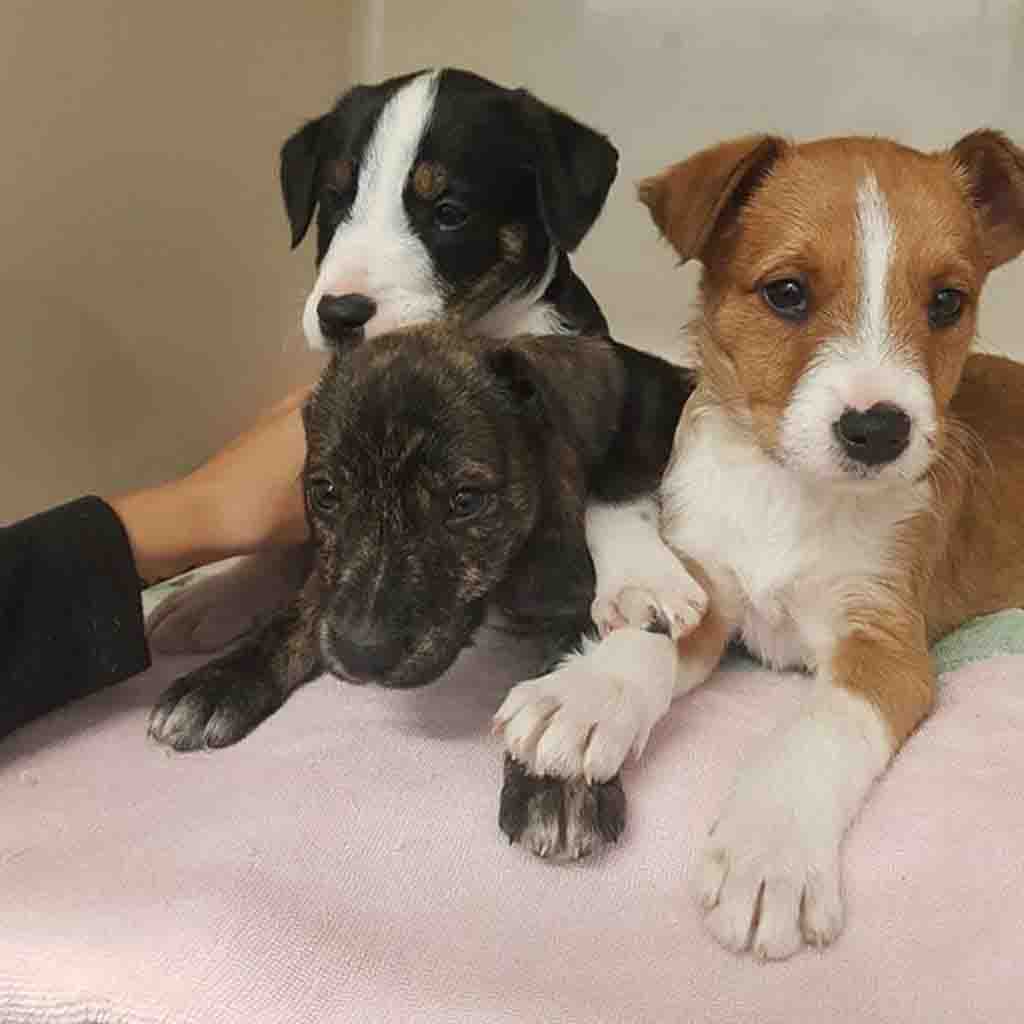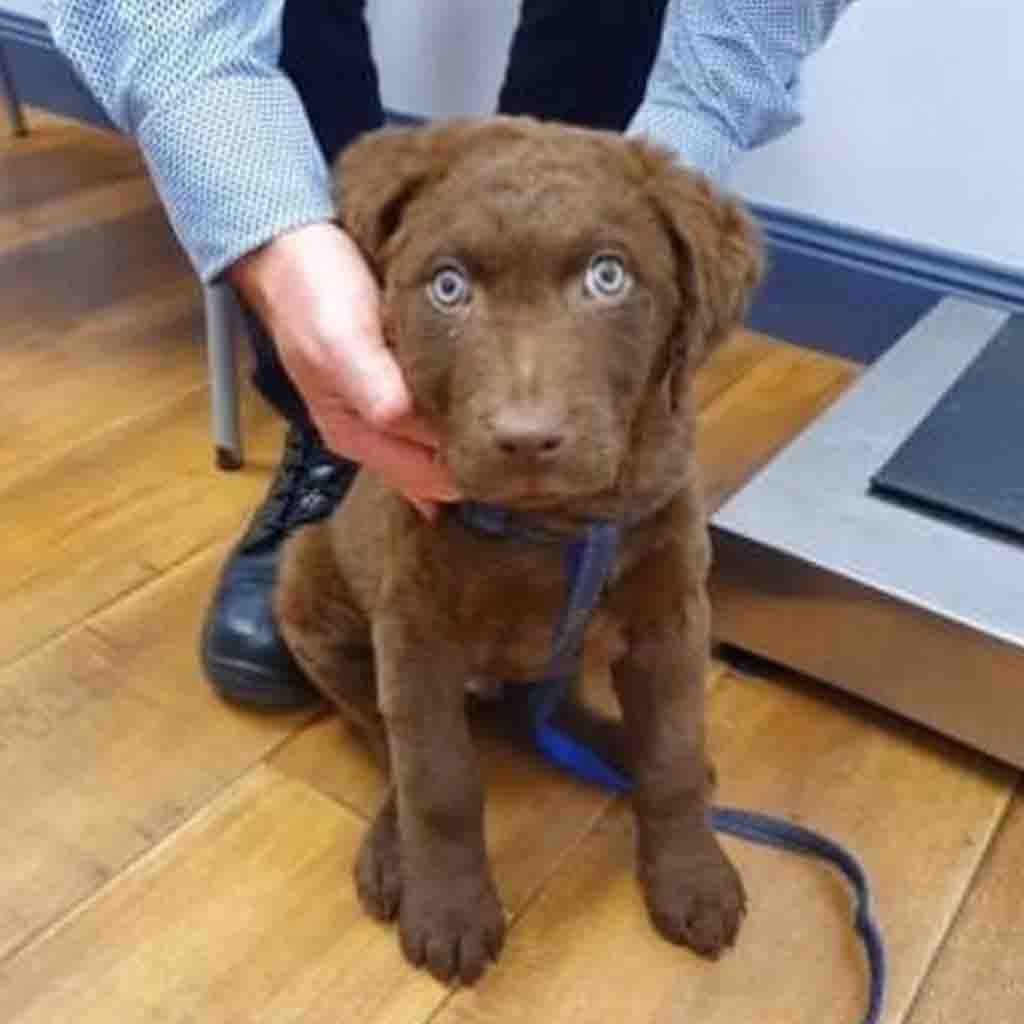
A New Puppy. What Now?
Whether it is your first puppy or a new addition to the current family, it is always exciting to bring home a new furry friend. You want what is best for the little one and hopefully are able to spend many years with your pet. The best way to make sure your pet has a chance at a long and healthy life is to ensure a good start.
Some of the main aspects you need to look at for your puppy include:

Vaccinations
Vaccinations are available against parvovirus, distemper, hepatitis and canine cough. Your dog will need an annual health check and vaccination.
Worming
Most puppies are born with worms or contract them from the mother’s milk. Worms can make puppies quite ill and in severe infestations cause fatalities. Puppies need worming every 2 weeks until they are 12 weeks of age then monthly until they are 6 months old. As older dogs they will need worming every 3 months so every change of season is a good mental trigger to remind you it is worming time.
Heartworm prevention is also essential for the mozzies that spread this disease are common around our area. Treatment starts as early as 3 months of age and continues for life. Long lasting Proheart SR12 injection is recommended.
Ticks and Fleas
You vet can assist with advise on treatment for your pup to prevent ticks and fleas. These parasites can cause irritation, allergies and skin problems in puppies. Some ticks can even cause paralysis and death. Make sure to check your puppy regularly, even if you are using preventatives.
Speak to one of our veterinarians about which product is most appropriate for your pup.
Desexing
This is recommended for puppies at around 6 months of age. Desexing helps curb inappropriate behaviours such a marking, aggression and roaming. It also prevents unwanted litters and reduces the risk of a variety of potentially fatal diseases later in life.


Microchipping
This is a simple process with a small chip being placed between the shoulder blades, under the skin of the puppy. Your details are registered on a database and linked to the number on the chip. This helps reunite lost puppies with their owners faster if they get lost.
Diet and Nutrition
Our vets can assist with guidance on the best diet for your puppy to ensure optimal nutrition for health and growth. Puppies eat 3 small meals a day until they are around 4 months, then 2 meals a day. At 6 months to a year you can swap to 1 large meal a day if preferred.
Socialisation and Training
We recommend that your puppy undergoes socialization and training in a controlled environment such as a puppy school preferably between the ages of 12 to 16 weeks. This is the optimal time to train a puppy, but it is never too late to do some obedience training and socialization with others to improve behaviour.
